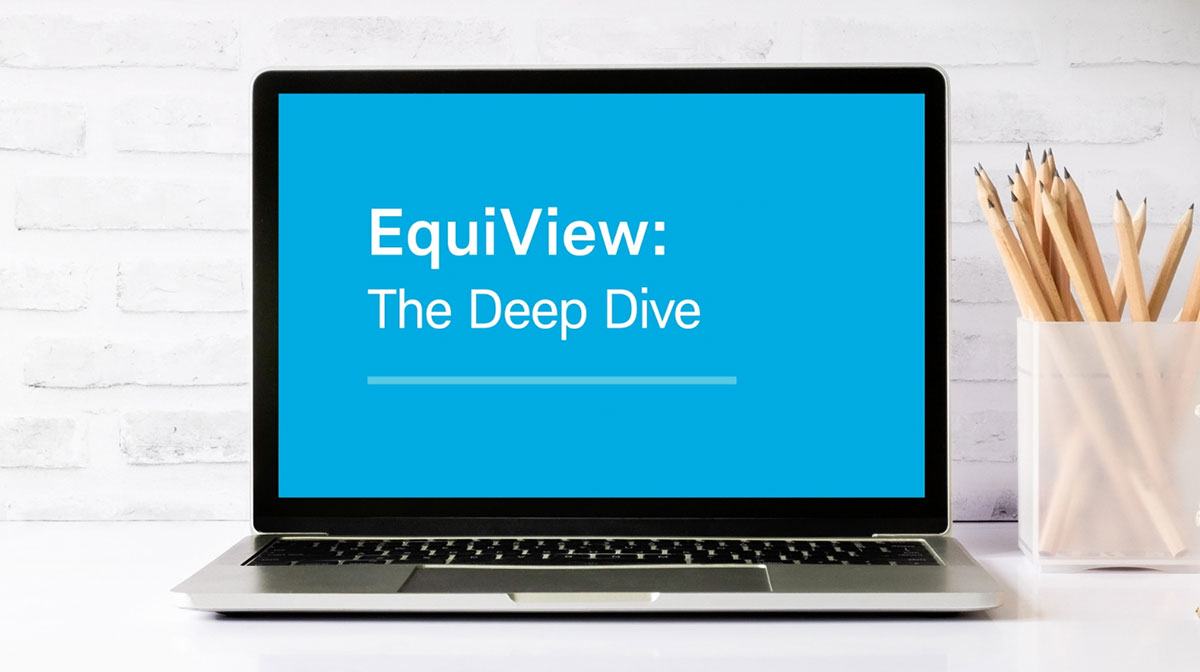Stock Plan Services resources
Technology
-
Administrative technology
Learn how our technology adapts to your changing needs and cuts down on the time you spend managing your equity compensation plan.
Ready to take the next step?
Request info or demo
Technology videos title here
-

Watch video: Stock Plan Services Overview
See how we work hard to help you make your equity program successful.
-

Watch video: Quick EquiView® Dashboard Tour
Take a three-minute walk through our platform.
-

Watch video: Deep Dive EquiView® Demo
Look inside our equity management technology to get a sense of how things work.
Financial reporting
-
Financial reporting
Discover how we can help make reporting easier with fully integrated expensing and financial reporting functionality.
Financial Reporting brochures
-
Guide: Financial reporting for finance teams

EquiView offers a complete financial reporting solution to meet ASC 718 and IFRS 2 guidelines.
-
Guide: Financial reporting for administrators

Easily manage all the moving parts of your equity compensation plan in EquiView.
-
Mobility tracking
Learn how remote work is changing stock plan administration and how to better serve the workforce of the future.
Pre-IPO
-
IPOs
We have the tools to help you map out your journey to going public.



